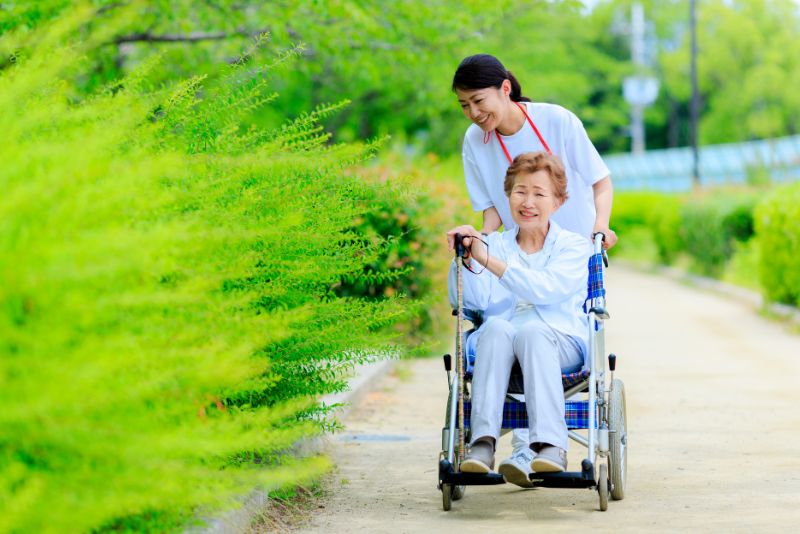As our loved ones enter their golden years, it’s not uncommon for them to encounter a variety of health challenges. Among these, hallucinations can be particularly concerning for both the elderly and their caretakers. So, what should you know about what causes hallucinations in elderly? Read on to explore the reasons, symptoms, and ways to support seniors facing this phenomenon.

The Nature of Hallucinations
Hallucinations are experiences wherein individuals perceive something that isn’t actually present. They can affect different senses, with the most common being auditory (hearing sounds) and visual (seeing things). Understanding what causes hallucinations in elderly is crucial for providing the necessary support and care.
Potential Causes of Hallucinations in the Elderly
1. Medical Conditions
Certain diseases, like Parkinson’s, Alzheimer’s, and Lewy body dementia, can trigger hallucinations. These conditions affect brain function and can alter perception.
2. Medication Side Effects
Seniors often take multiple medications, and some of these can cause hallucinations as a side effect. Antidepressants, antipsychotics, and even some pain medications are known to induce such experiences.
3. Sensory Deprivation
Impairments such as poor vision or hearing, common in the elderly, can lead to sensory deprivation, which might cause the brain to create hallucinations to fill in the gaps.
Identifying Hallucinations in Seniors
Recognizing hallucinations can be challenging. Seniors might not be aware they are hallucinating or may be reluctant to share their experiences due to fear or embarrassment. Look for signs of confusion, talking to or about things unseen, and unusual behavior.
Approaching Hallucinations with Empathy
When a senior experiences hallucinations, it’s essential to approach the situation with understanding and empathy. Validate their feelings without confirming the hallucinated events, and reassure them of their safety.
Managing Hallucinations
1. Medical Assessment
It’s crucial to seek a medical assessment to determine the underlying causes. Doctors may adjust medications or suggest other treatments.
2. Safe Environment
Create a calm and safe environment to reduce anxiety and confusion. Utilize products like best lift chairs to ensure comfort.
3. Regular Monitoring
Regularly monitor symptoms and communicate with healthcare providers about any changes in behavior.
Role of Caregivers and Families
Caregivers play a vital role in the well-being of seniors experiencing hallucinations. They must stay informed, patient, and supportive throughout the process.
Supportive Resources
Organizations and resources such as the National Institute on Aging can provide valuable information and guidance.
A Bright Path Forward
While understanding what causes hallucinations in elderly can be daunting, awareness, empathy, and the appropriate resources can empower seniors and their families to manage these experiences effectively.

FAQ Section
Q1. Can dehydration cause hallucinations in elderly?
Yes, dehydration can affect brain function and contribute to hallucinations. It is important to ensure that seniors stay well-hydrated.
Q2. Is there a cure for hallucinations in seniors?
There is no one-size-fits-all cure for hallucinations, but treatment options tailored to the underlying cause can help manage symptoms.
Q3. How can families support elderly experiencing hallucinations?
Families can support seniors by being understanding, ensuring a safe environment, and seeking professional medical advice as needed.
This article contains affiliate links. We may earn a commission at no extra cost to you.

